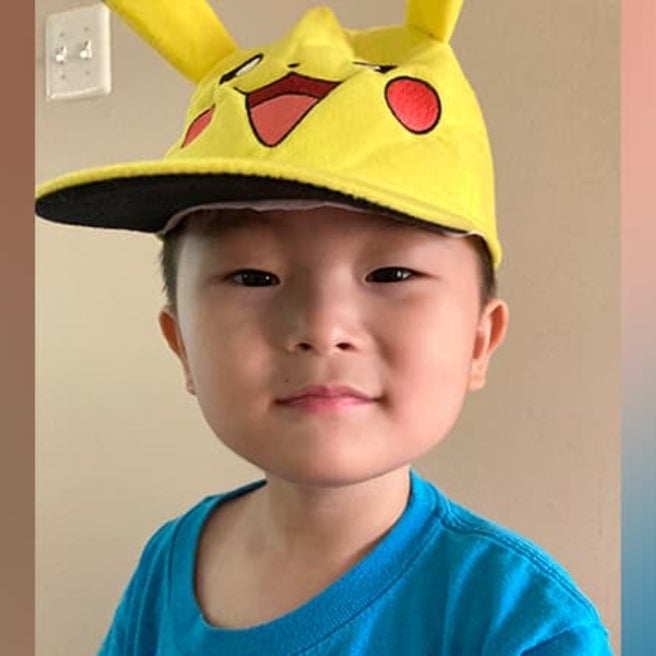What are language disorders?
As children develop, they begin to understand what others say. They also start to use their words to communicate with others. If your child has a language disorder, they may not be able to understand and use words like other children their age.
There are three main categories of language disorders:
- Receptive: difficulty understanding vocabulary, concepts, sentences, and directions
- Expressive: difficulty using vocabulary, sentences, and grammatical structures
- Pragmatic: difficulty using language socially to engage with other children or adults
Some children may have difficulty in all three areas. A speech-language pathologist (SLP) can support your child’s receptive, expressive, and pragmatic language skill development through assessment and therapy.
Causes of language disorders
It is often difficult to figure out the cause of a language disorder. We are always seeking new ways to understand and support your child’s skill development through assessment and therapy. A language disorder can be something your child is born with (developmental). It can occur after an injury or illness. Or it can be part of a broader medical or developmental condition.
Learning more than one language at a time does not cause a language disorder.
Some diagnoses associated with language disorders include:
- Attention deficit hyperactivity disorder (ADHD)
- Autism spectrum disorder (ASD)
- Cerebral palsy
- Hearing loss
- Intellectual disabilities and developmental disabilities
- Learning disabilities
- Prematurity
- Stroke
- Traumatic brain injury (TBI)
- Various syndromes, including but not limited to:
Symptoms of language disorders
Receptive Language
If your child has a receptive language disorder, they may need help with:
- Learning new words and concepts
- Following directions
- Understanding questions
- Understanding what they read
Expressive Language
If your child has an expressive language disorder, they may need help with:
- Saying new words
- Putting words into sentences
- Using correct grammar
- Asking and answering questions
- Saying their thoughts and feelings
- Telling stories
- Having a conversation
Pragmatic Language
If your child has a pragmatic language disorder, they may need help with:
- Responding to and using social greetings, such as “hi” or “bye”
- Understanding how others are feeling
- Starting and continuing conversations
- Providing enough detail in conversation
- Staying on topic
- Changing language based on the listener or environment (e.g., talking to a baby vs. talking to an adult)
- Understanding jokes or sarcasm
- Understanding the main idea of a story
- Respecting personal space
Testing and diagnosis for language disorders
Our SLPs will assess your child’s language abilities through play-based activities, observations and standardized testing. The SLP will include information you have given us to understand your child's communication in daily activities. Your child's teachers and other therapists can also contribute to an assessment. They can share their observations of your child's skills and progress.
Treatment for language disorders
SLPs at CHOP will work together with your family to create goals for your child’s language skill development. Each child is unique and may have different needs. The therapy approach will depend on the specific needs of your child and your family.
Speech-language therapy sessions involve you, your child, their other caregiver(s) and the SLP. Sessions may be play-based or structured with tabletop activities. This will depend on your child’s needs and abilities. Sessions also include your child's interests and your family's culture. This leads to better engagement, relevance, learning and fun.
Early identification and treatment of language disorders can help your child have the best communication outcomes.

